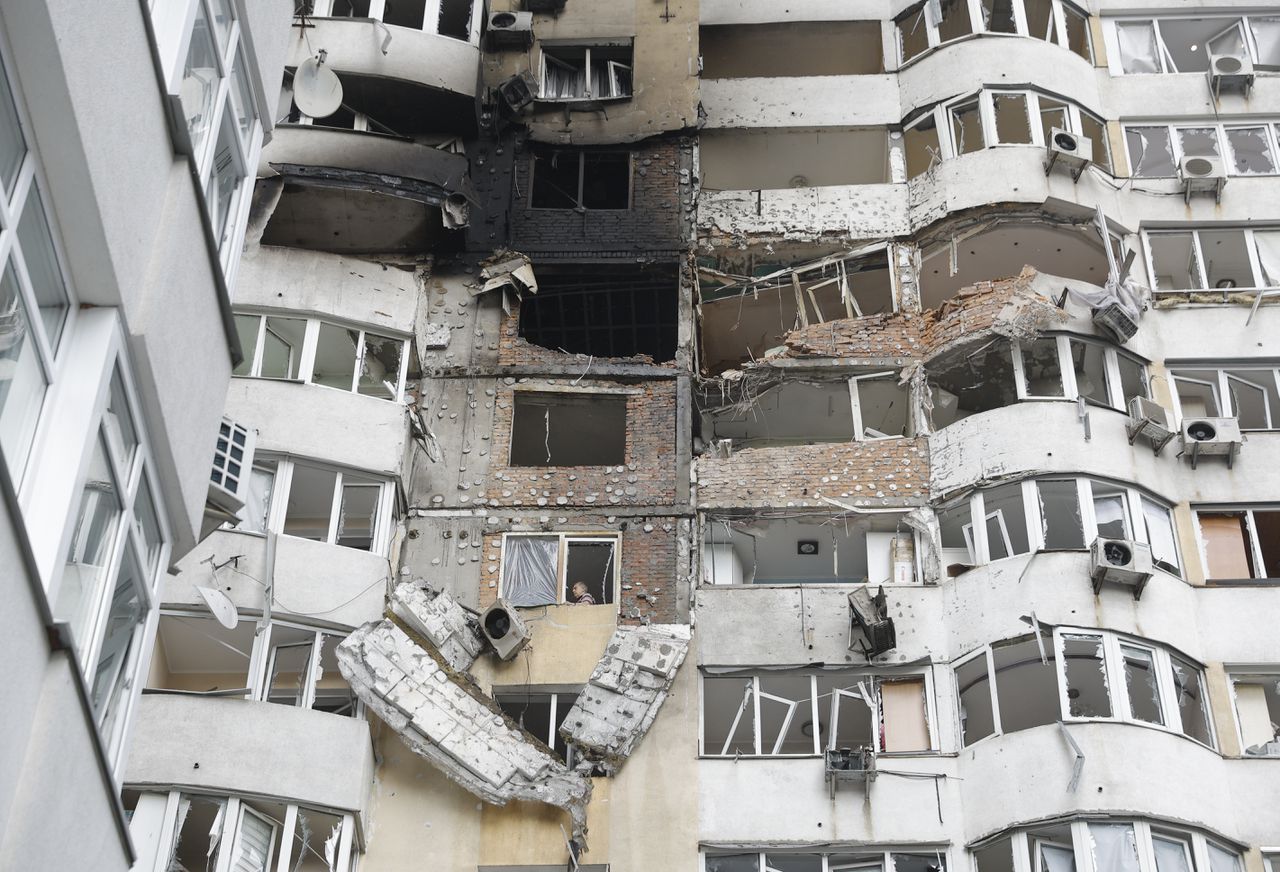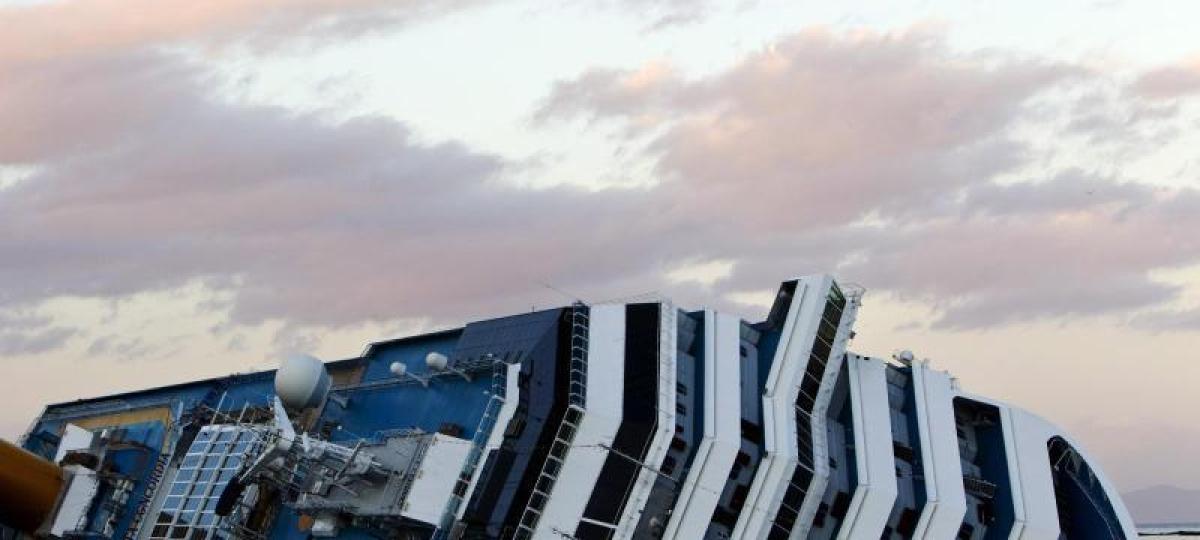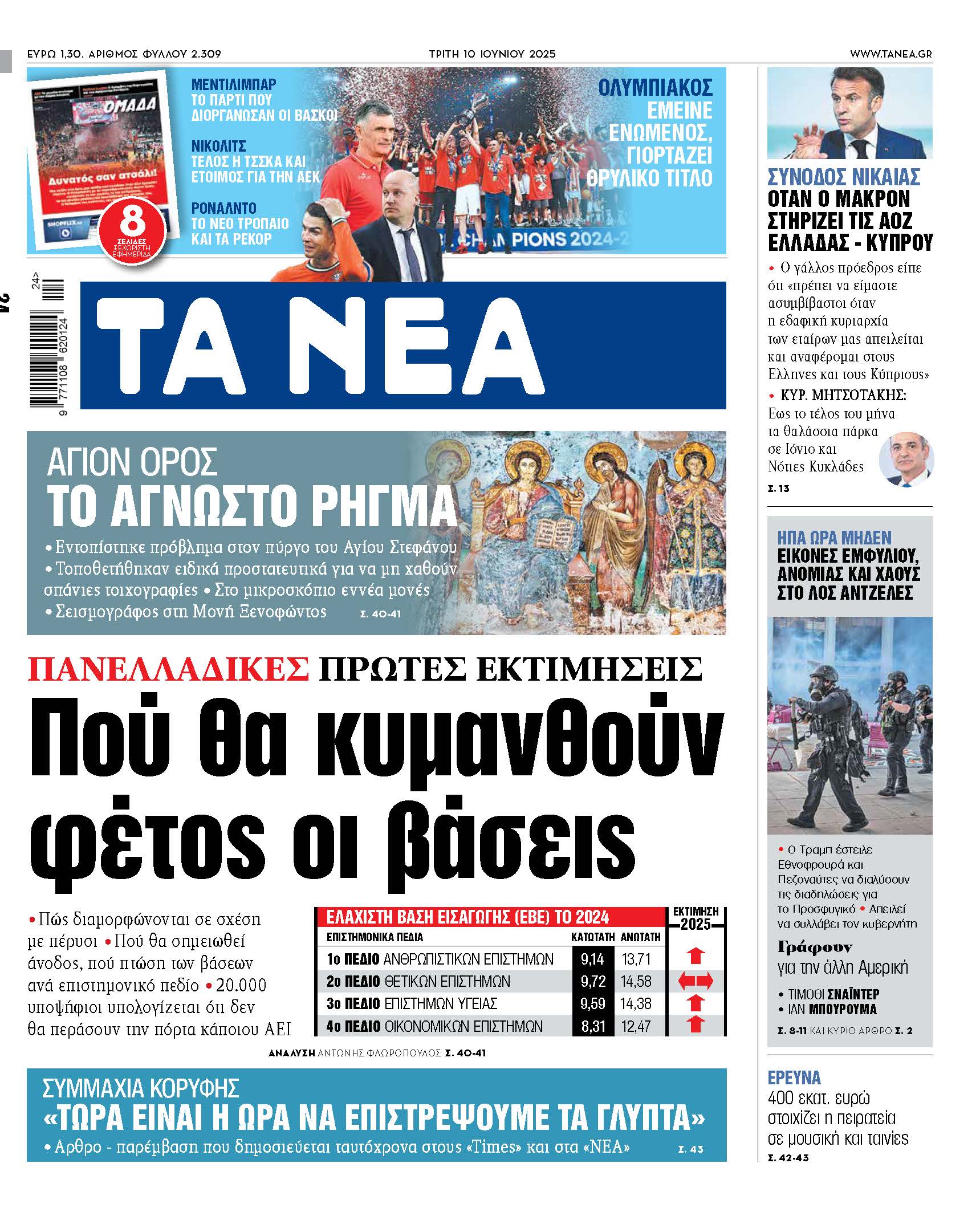A worn general, in a cupboard like Grutte Pier
/s3/static.nrc.nl/images/gn4/stripped/data133308039-74b70a.jpg)
This must have been a stature cupboard, in the middle of Leeuwarden, upright as Grutte Pier In his best days: the great freedom fighter of the fifteenth century, shock of the Dutchmen he carelessly beheaded with his mythical sword of 2.13 meters. But everything comes to an end: the cabinet leans in dangerously and the owner has with a combination of an old bicycle tire and a spider preventing the doors from falling open and the cupboard breaks its content on the sidewalk tiles.
That content, united in apparent anarchy, does not lie. The collection of Spanish -speaking books in particular places weight in the scale. It seems like the hand library of a Spanish student from the nineties: Gabriel García Márquez, Mario Vargas Llosa and Eduardo Mendoza in the original language. I take a translation with me: The general in his labyrinthone of the last major novels of ‘Gabo’, about the trip that the Simón Bolívar (1783-1830), the liberator who rejected the Spaniards from large parts of South America, made through Colombia at the end of his life, from Bogotá to Cartagena.
García Márquez has always had a weakness for old men in decline (The colonel never gets mail,, » Autumn of the patriarch) And has taken the biggest hero in the history of his subcontinent here. Because the fact that the decorum loss has struck is immediately clear: « José Palacios, his oldest servant, saw him naked and with wide -open eyes drifting around in the purifying water of the bathtub and thought for a moment that he had drowned. » Not that, but the body of the only 47-year-old Bolívar is up.
His political role is then finished. The leader of the past is now scolded on the street for ‘Saucijs’. They pelt him with cow shit. Sick and disillusioned, he starts his last journey, supported by some faithful ones who have not yet torn himself away. Take Colonel Wilson: « He slowly drove on, with the feverish hand of the glorious sick person of the two Americas as a hunting falcon clawed around his forearm, while the atmosphere began to be boiling hot and funeral birds fluttered above their heads that they had to beat as flies. » But sometimes the general awakens from his IJs state to protect the company from a certain shipwreck on the river Magdalena: « To the right, to the right, damn it! »
Little documentation was saved about Bolívar’s journey, but García Márquez was able to draw on his own experience: he often followed the route itself when he – a boy from the Caribbean coast – lived as a student in the Bogotá he hated. Those memories produce impressive images of the elements: « During the sleepy laziness of the siesta, a black cloud came down from the mountains, posted itself above the city and relieved itself in a short -lived flood. »
This is a book in which nature takes control at all levels – that much is clear. In the meantime, there is also a personal element in the story and that is in that cow shit. Because García Márquez was allowed to be a national hero and Nobel Prize winner, he was also a man who lived abroad for decades, threatened by political enemies and omnipresent violence. And then there is loneliness. In this oeuvre, that can be the loneliness of power or the loneliness of fame – it’s all here.

:format(webp)/s3/static.nrc.nl/images/gn4/stripped/data133399265-86d73b.jpg)
/s3/static.nrc.nl/images/gn4/stripped/data133308567-957c64.jpg)




